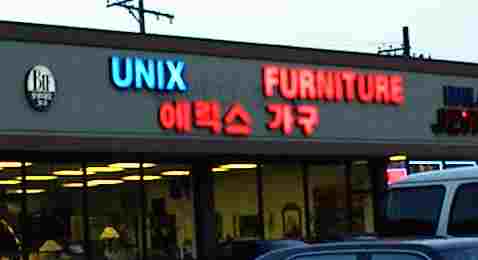

| Main index | Section 9 | Options |
#include <sys/param.h>
#include <net/if.h>
#include <net/if_var.h>
The drbr_free() function frees all the enqueued mbufs and then frees the buf_ring.
The drbr_enqueue() function is used to enqueue an mbuf to a buf_ring, falling back to the ifnet's IFQ if ALTQ(4) is enabled.
The drbr_dequeue() function is used to dequeue an mbuf from a buf_ring or, if ALTQ(4) is enabled, from the ifnet's IFQ.
The drbr_dequeue_cond() function is used to conditionally dequeue an mbuf from a buf_ring based on whether func returns TRUE or FALSE.
The drbr_flush() function frees all mbufs enqueued in the buf_ring and the ifnet's IFQ.
The drbr_empty() function returns TRUE if there are no mbufs enqueued, FALSE otherwise.
The drbr_inuse() function returns the number of mbufs enqueued. Note to users that this is intrinsically racy as there is no guarantee that there will not be more mbufs when drbr_dequeue() is actually called. Provided the tx queue lock is held there will not be less.
The drbr_dequeue() and drbr_dequeue_cond() functions return an mbuf on success and NULL if the buf_ring is empty.
| DRBR (9) | September 27, 2012 |

| Main index | Section 9 | Options |
Please direct any comments about this manual page service to Ben Bullock. Privacy policy.
